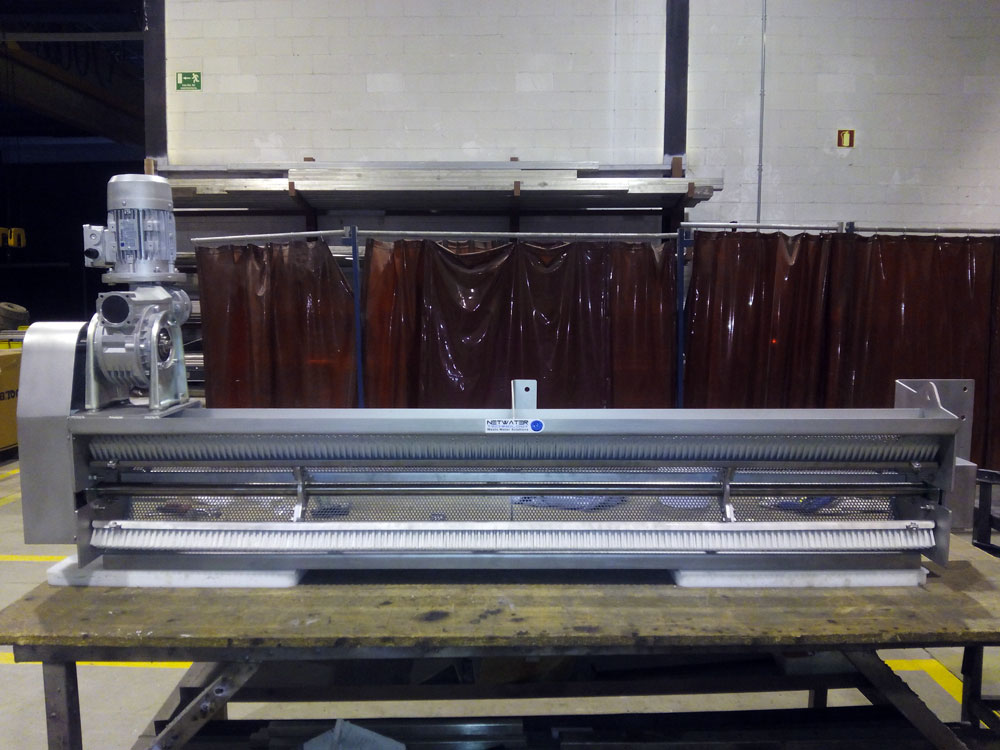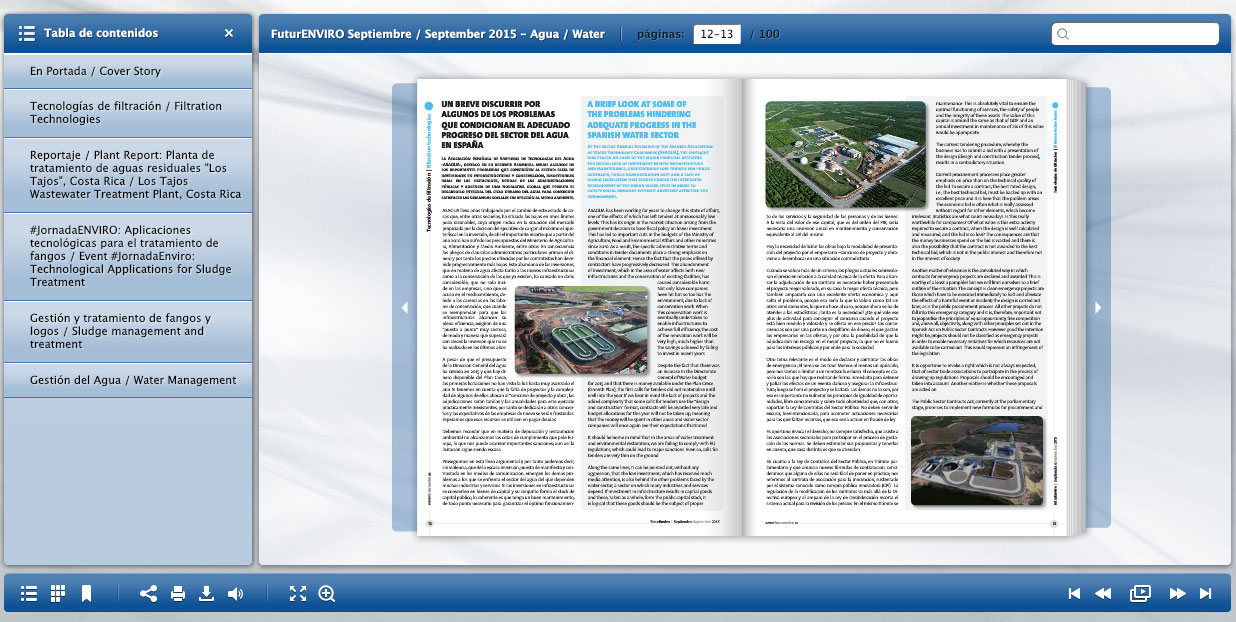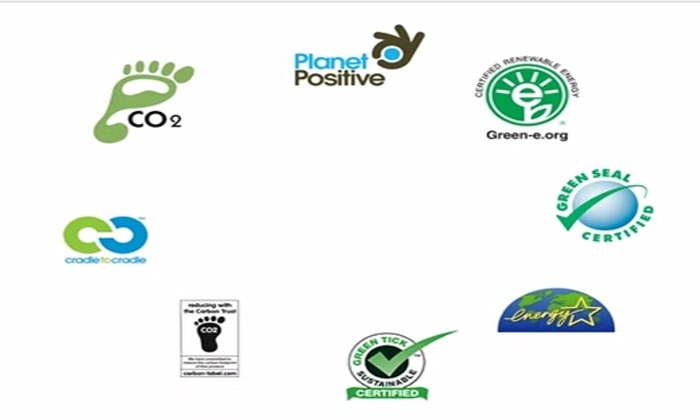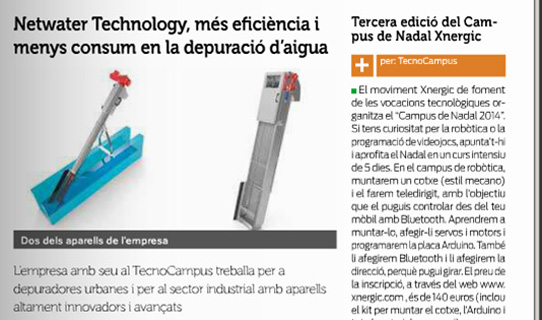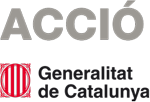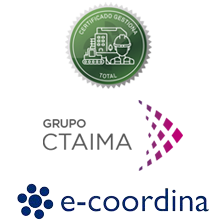Radial weir screen WeirTech®Nw57.300 for the BENIDORM WWTP (Alicante)
Supply of a mechanical equipment for the BENIDORM WWTP in Alicante, for one of the most important WWTP operating companies in Spain. In this case, a very important improvement has been made in order to accomplish with the European wastewater regulations.
We supplied 2 radial weir screens WeirTech®Nw57, with a mesh of 6mm, to treat a flow of 1094.2m3/h per equipment, which were installed in the coarse waterhole, in the spillway where they discharge in case of rains the raw water directly into the Benidorm’s beach.
Its main functionality is to retain the fine solids that are returned to the coarse waterhole, to be extracted by the bivalve spoon or by the pretreatment channels.
In this case, being a facility with more than 20 years it was not possible to install our standard equipment and our engineering department made an exclusive design for AQUAMBIENTE, SA.
This way we managed to reduce the environmental impact and keep clean beaches free from all type of solids it may arrive in case of rains. The supply integrated (2 screens + 1 control panel+ level control).

